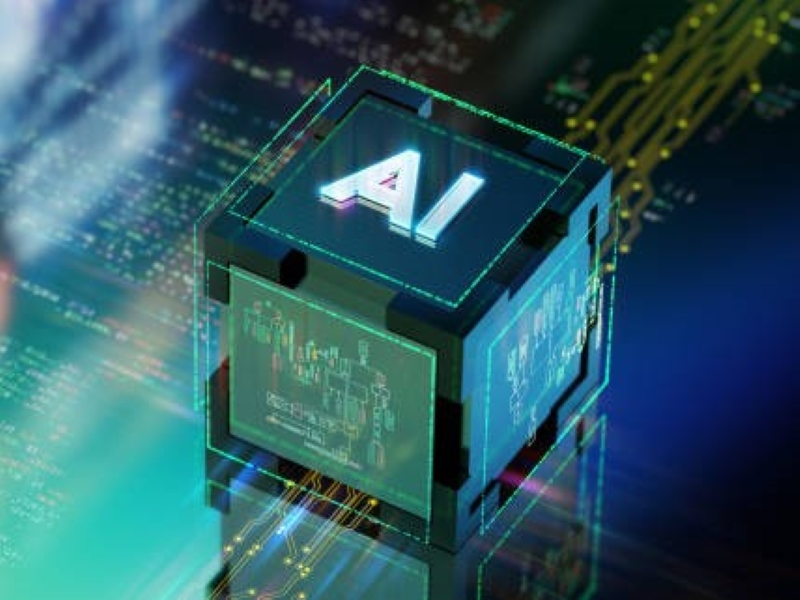- Intelligent automation is the use of automation technologies—artificial intelligence (AI), business process management (BPM) and robotic process automation (RPA).
- Intelligent automation expands the possibilities of business process automation, creating unlimited opportunities to reimagine how your business operates.
Intelligent automation is more than just automation with a touch of AI. It represents the next evolution of business process automation (BPA) by integrating sophisticated AI capabilities with traditional automation tools. While traditional automation focuses on repetitive, rule-based tasks, intelligent automation goes a step further by utilising AI to handle complex tasks that involve unstructured data, decision-making, and learning from patterns. But what exactly is intelligent automation, and why should businesses be paying attention?
What is intelligent automation?
Intelligent automation (IA) refers to the integration of artificial intelligence (AI) with automation technologies to enhance and optimise business processes. Unlike traditional automation, which relies on predefined rules and structured data, intelligent automation leverages AI capabilities such as machine learning, natural language processing (NLP), and computer vision to handle more complex tasks and make decisions based on unstructured data.
Also read: 6 examples of intelligent automation
Key components of intelligent automation
Robotic process automation (RPA): Automates repetitive, rule-based tasks by mimicking human interactions with digital systems. RPA is often the foundational layer of intelligent automation.
Artificial intelligence (AI): Includes machine learning algorithms, NLP, and computer vision to analyse data, recognise patterns, and make decisions. AI enhances the capabilities of RPA by enabling more sophisticated data processing and decision-making.
Machine learning: A subset of AI that uses statistical techniques to enable systems to improve their performance on tasks over time based on experience and data.
Natural language processing (NLP): Allows machines to understand, interpret, and generate human language, facilitating tasks like sentiment analysis, chatbots, and document processing.
Computer vision: Enables machines to interpret and process visual information from the world, such as analysing images or video feeds.
Also read: Intelligent automation: Streamlining operations and enhancing efficiency across industries
Benefits of intelligent automation
Intelligent automation speeds up processes by automating both routine and complex tasks, leading to faster turnaround times and increased productivity. By reducing the need for manual intervention and streamlining operations, IA lowers operational costs and enhances resource allocation.
Besides, intelligent automation minimises human errors, ensuring high levels of accuracy and consistency in task execution. As businesses grow, intelligent automation allows for seamless scaling of operations without a proportional increase in resources or costs. With advanced data analysis and pattern recognition, IA provides actionable insights and recommendations, supporting better strategic decisions.
Examples of intelligent automation
Customer service: Intelligent automation is revolutionising customer support with chatbots and virtual assistants that handle inquiries, process requests, and resolve issues around the clock. These tools improve customer experience and free up human agents to tackle more complex queries.
Finance: In the finance sector, IA streamlines invoice processing, fraud detection, and financial forecasting. Automated systems can analyse large volumes of transactions and detect anomalies with greater accuracy than manual methods.
Human resources: Recruitment processes, employee onboarding, and compliance monitoring benefit from IA by automating repetitive tasks and providing data-driven insights for better decision-making.
Supply chain management: IA enhances inventory management, demand forecasting, and logistics planning by automating routine tasks and providing predictive analytics for more informed planning.

